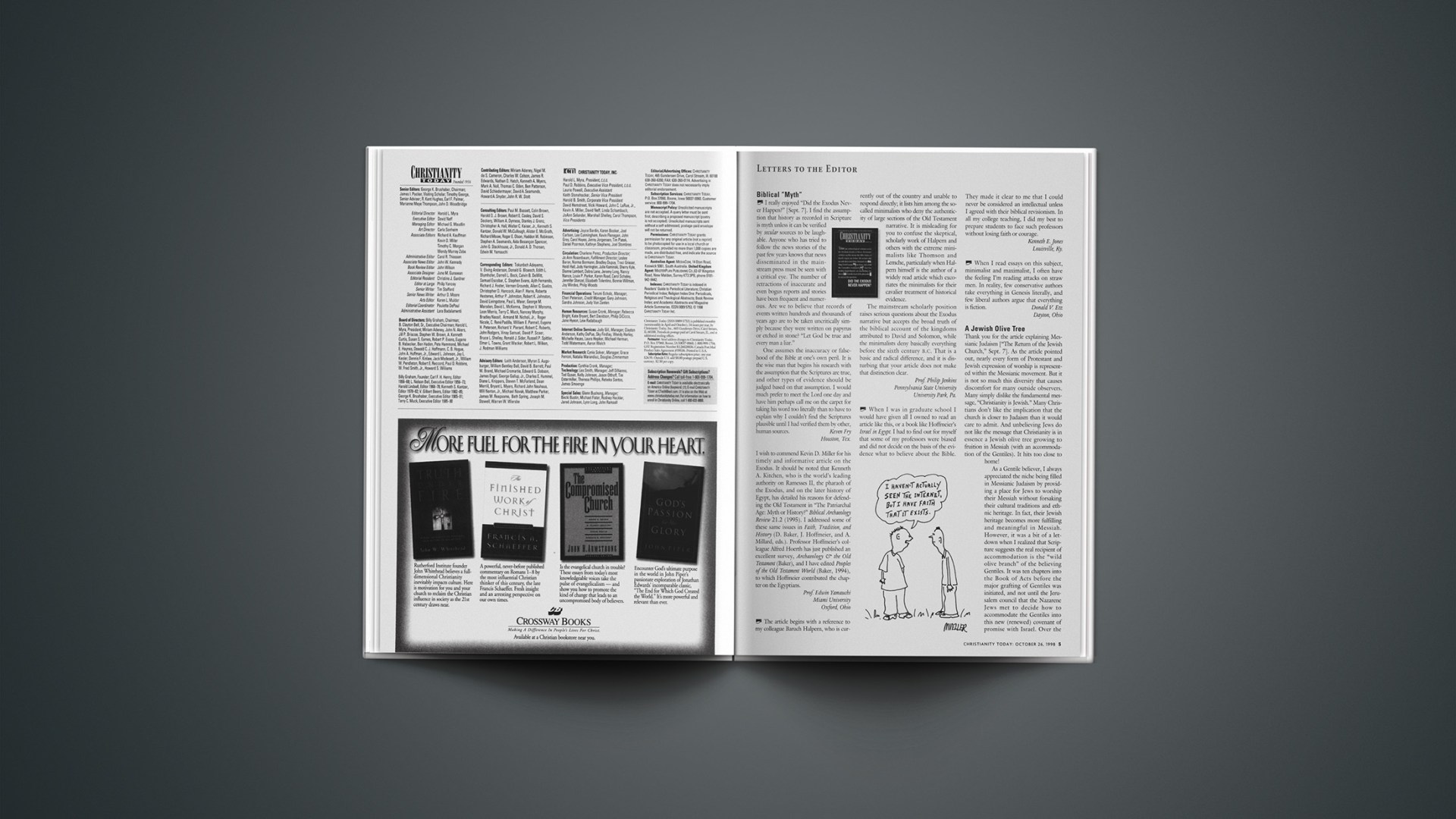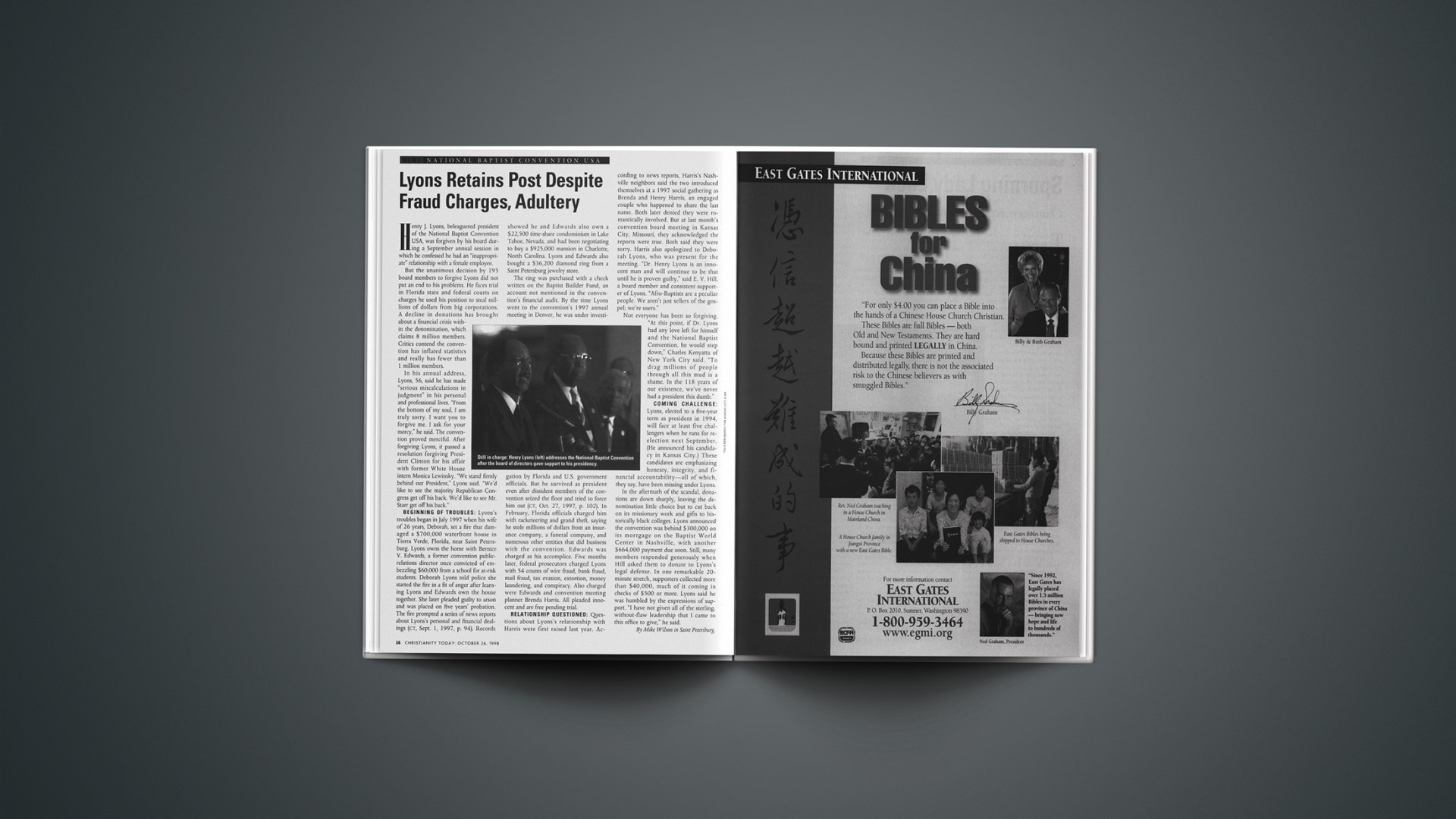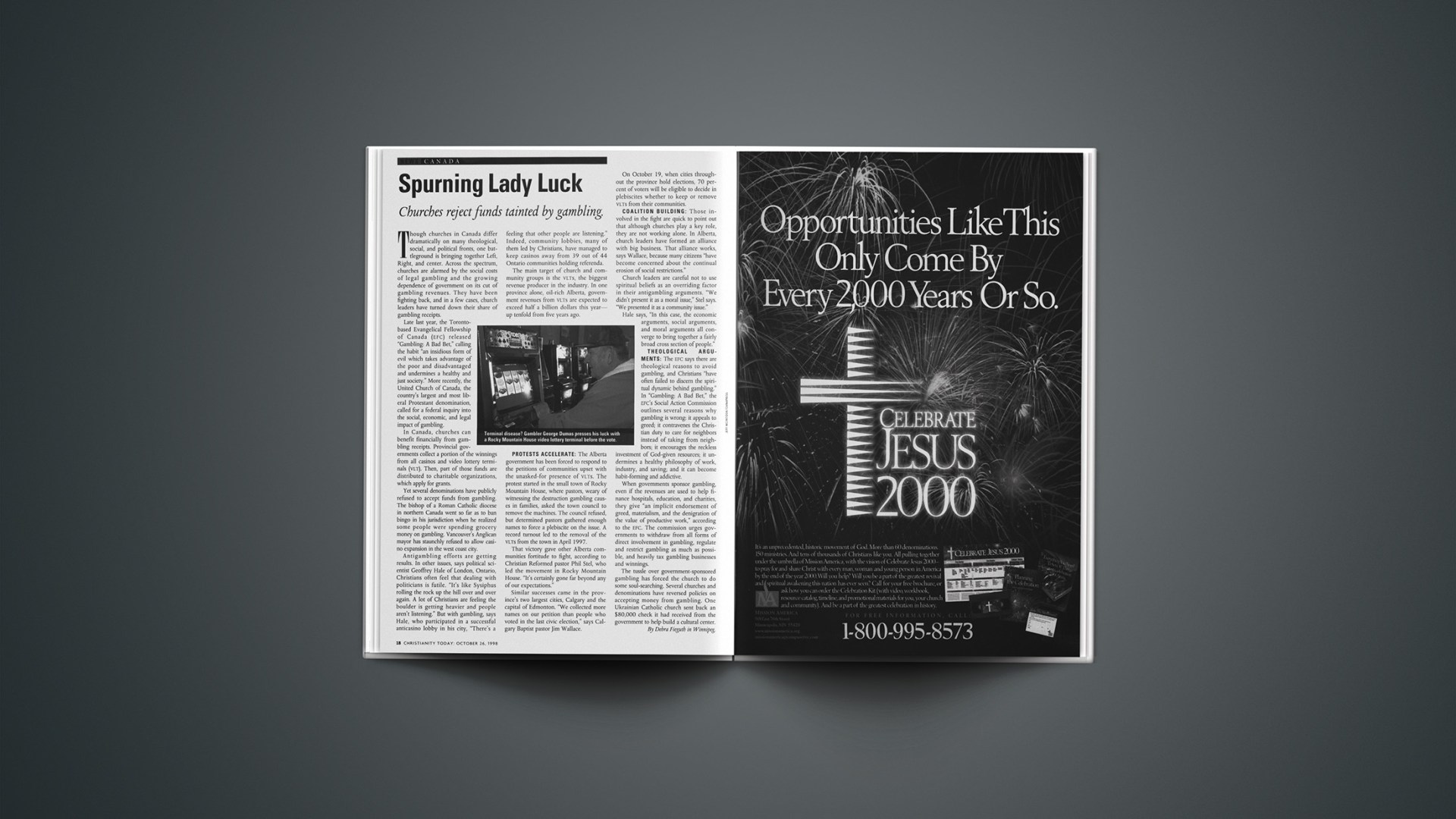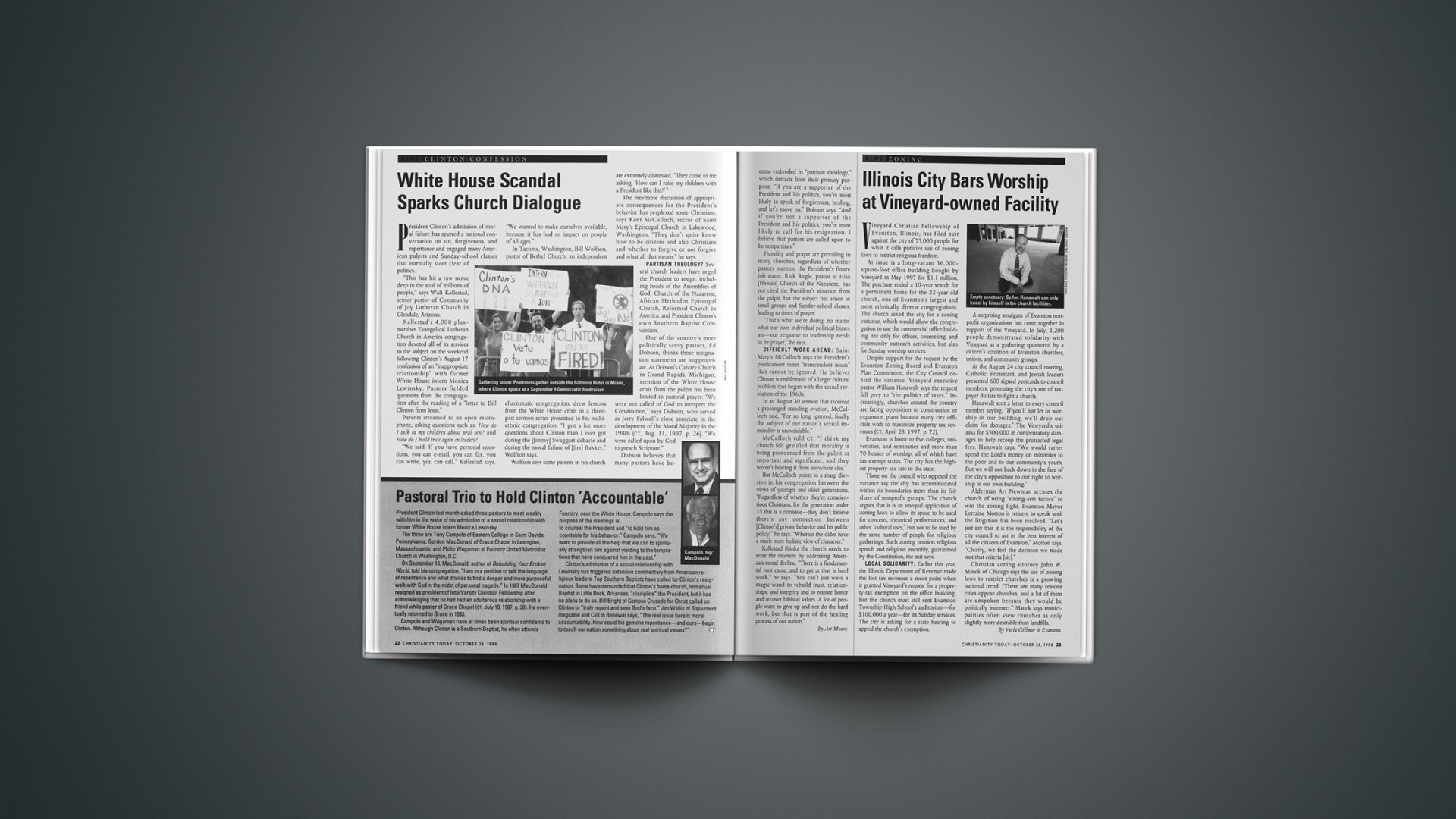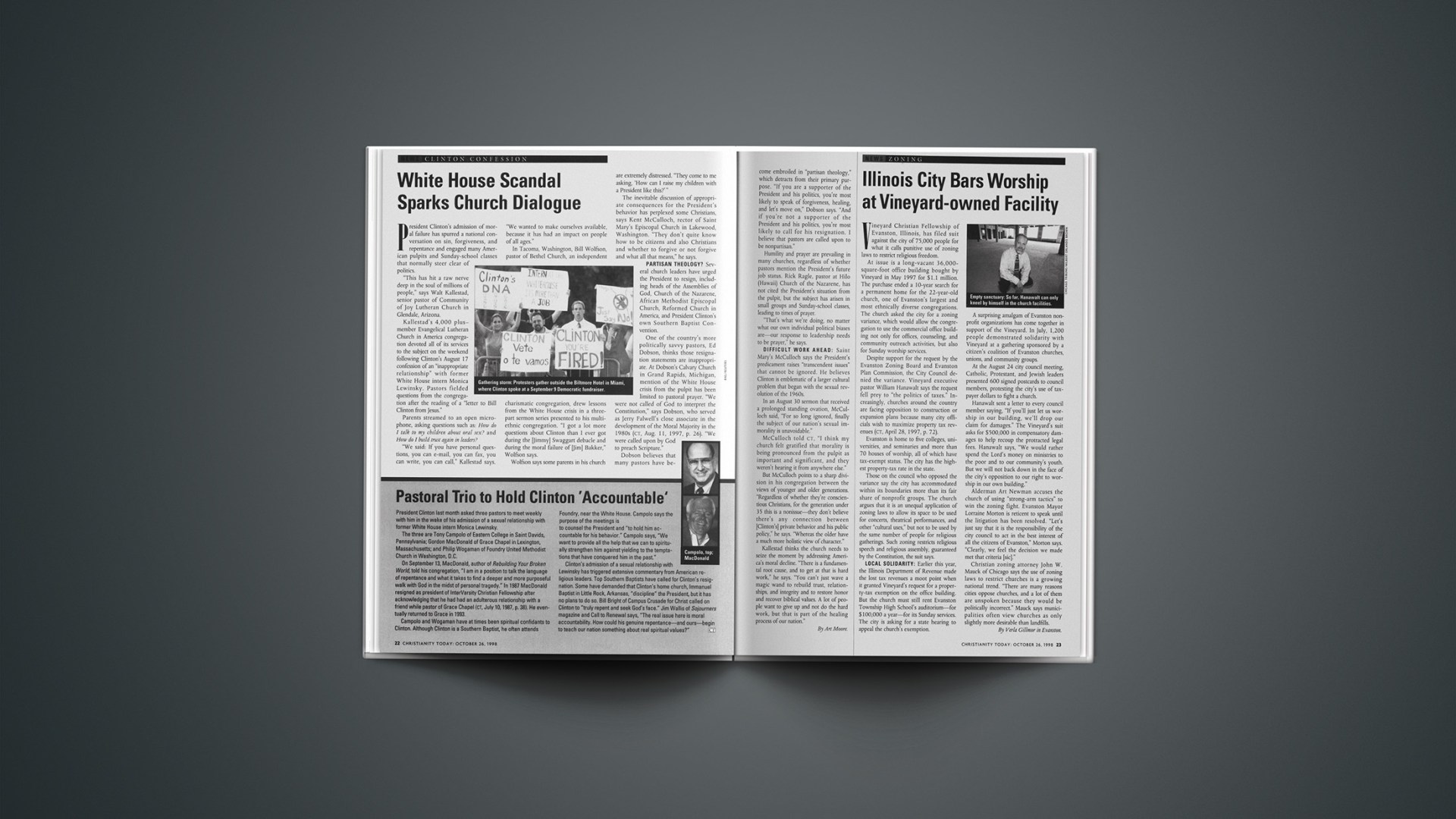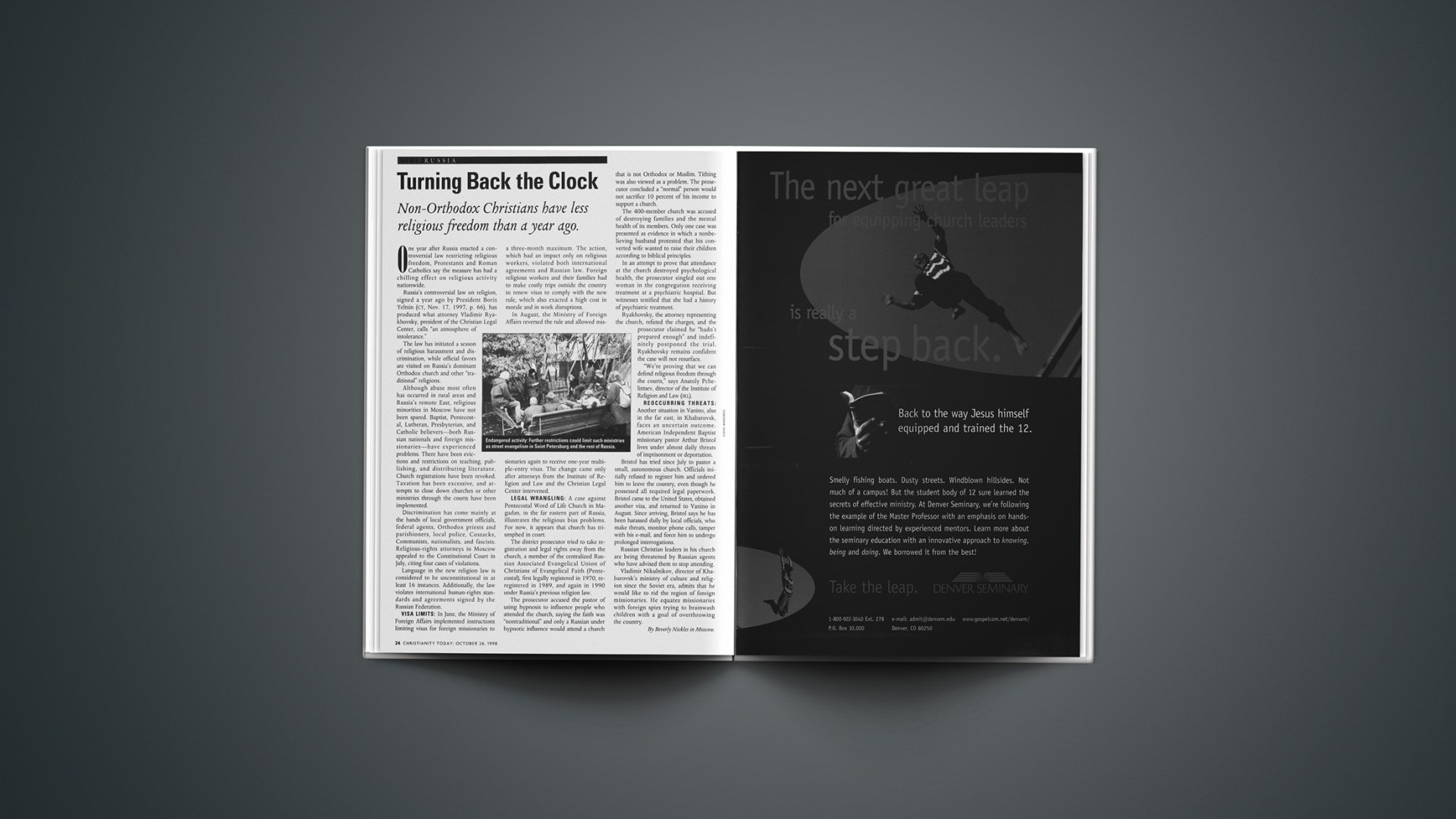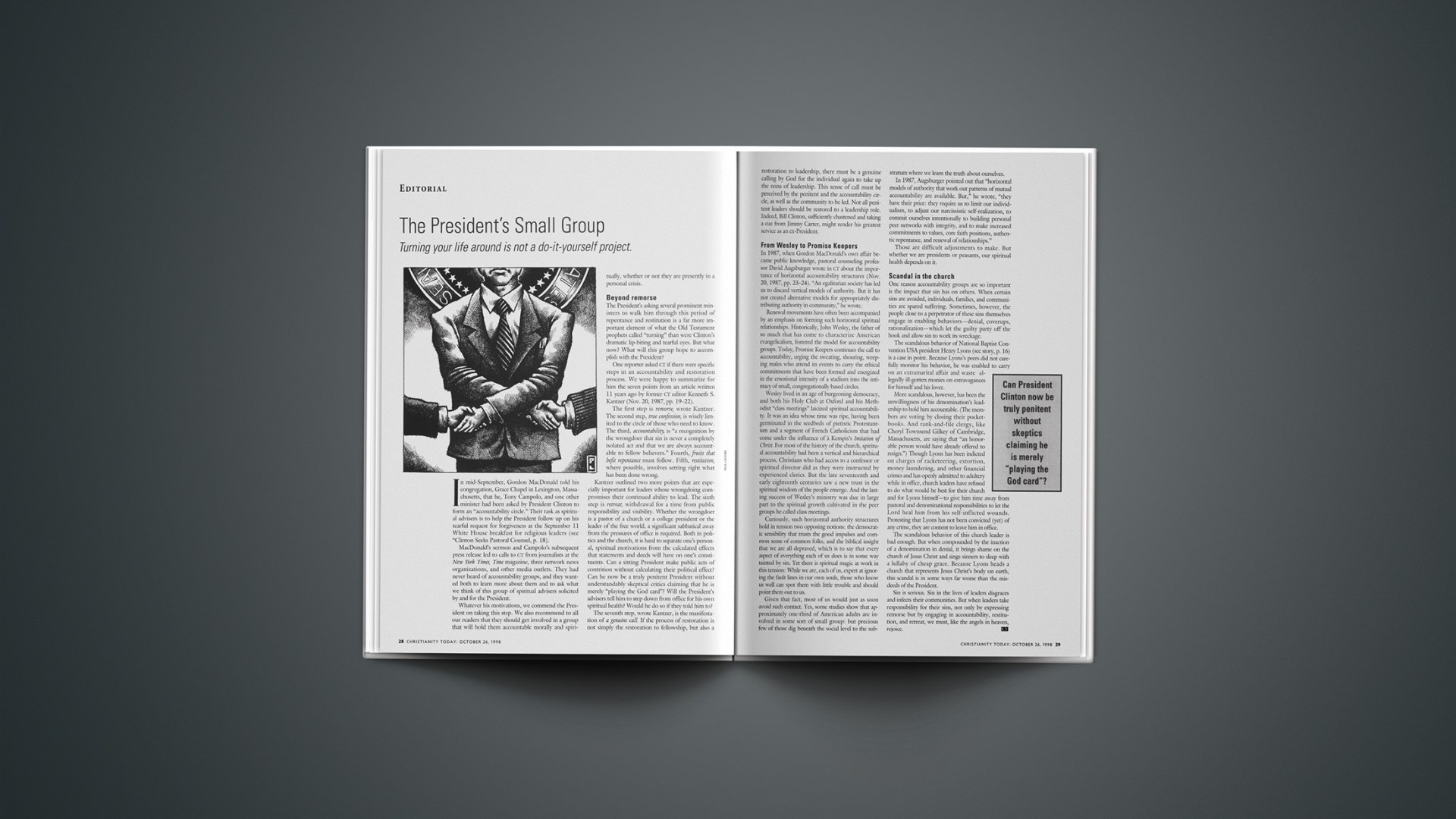Several years ago when restorers finished cleaning Michelangelo's Sistine Chapel frescos, the paintings seemed to come alive, sporting vibrant colors that for years had been muted by dust and pollution. Art experts were astounded to see what Michelangelo had originally created.
In this issue of CT, a team of scholars, preachers, and writers has undertaken a similar task with one of the best known of Jesus' parables: the Prodigal Son. Because evangelicals have sometimes been accused of spending more time arguing over the role of Scripture than actually reading Scripture, we have chosen to delve deeply into a single text: Luke 15:11-32. By approaching Jesus' parable from different angles, we hope to rediscover its many brilliant facets.
According to biblical scholar Kenneth Bailey, a seasoned expert on Middle Eastern culture, familiarity with the parable has dulled our perceptions and made us draw the wrong lessons from it (see "The Pursuing Father," p. 34). He knocks loose the cultural accretions that distort the parable's original jarring message. He notes that his Muslim friends object to, and Christians often miss, the profoundly theological and Christological message of the parable.
Even Rembrandt's portrait of the father's embrace of his lost son can seem dull and clich‚d-until it is paired with the spiritual insights of the late Henri Nouwen, who allows us to see a masterpiece anew (p. 39).
To remind us of the radical implications of the parable, we interviewed Croatian theologian Miroslav Volf on how he found the father's embrace of the Prodigal Son a model for loving his Serbian enemies (p. 65).
Other contributors looked at the parable from other provocative points of view: writer Wendy Zoba shares her journey while parenting a prodigal in "The Missing Mother" (p. 76); preacher Barbara Brown Taylor counsels us not to be too quick in our judgments in "The Other Brother Had a Point" (p. 70); and theologian Christopher Hall explores the early church debate over whether apostate Christians could be forgiven as prodigals in "Rejecting the Prodigal" (p. 73).
Our restorative project would not be complete without the interpretive efforts of the contemporary artists whose work accompanies the articles. In unique ways, Carol Bomer, Brent Morris, Bruce Herman, Tanja Butler, Mary McCleary, Ward Smith, Rebecca Ross, and He Qi, too, are expositors of the text. The combined effort, we feel sure, will make plain why this gospel parable is indeed good news to twentieth-century sinners like us.




